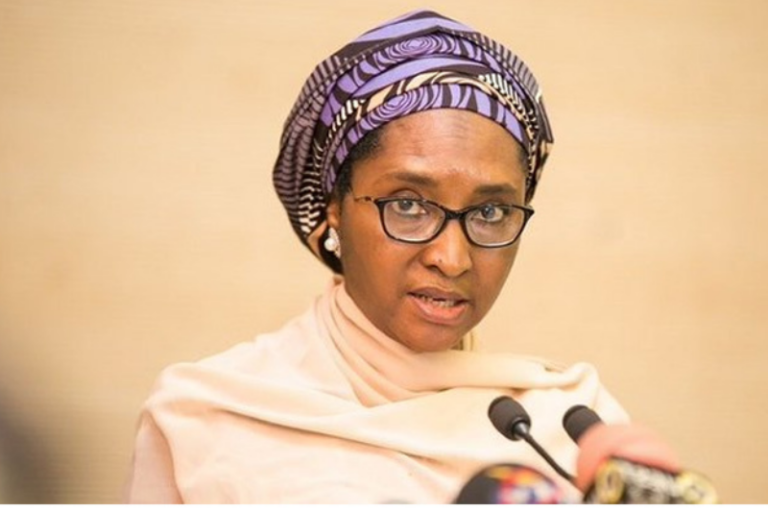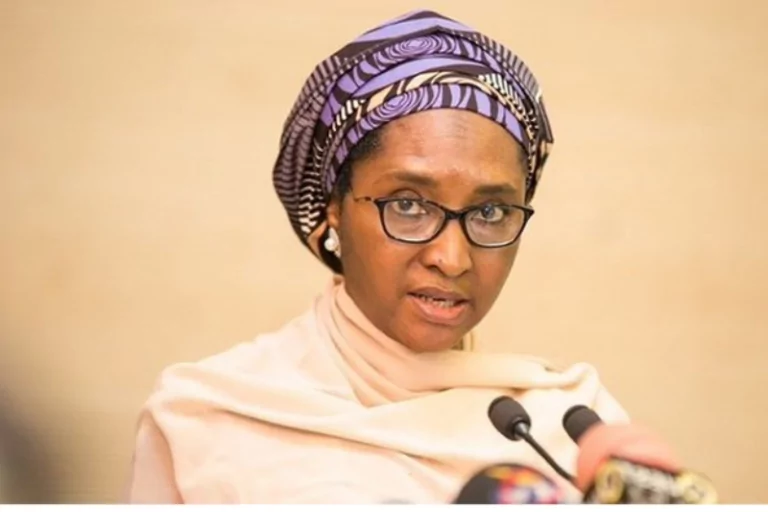

nigerian presidency believes ‘fuel subsidy removal’ led people to poverty
The Nigerian Presidency has expressed concern over the removal of fuel subsidy, stating that it has led to increased poverty among Nigerians and a loss of support for the government.
President Bola Tinubu announced the removal of subsidy on petrol in May, citing the inability to continue subsidizing petrol for neighboring countries. However, the government is now worried about the negative impact of this decision on the citizens.
A close aide of the President, speaking anonymously, revealed that the government is aware of the growing discontent among the people and the possibility of civil unrest.
There are indications that organized labor, civil society, and the opposition are planning protests that could threaten the stability of the government.
The aide also mentioned the ongoing challenge to the legitimacy of President Tinubu’s election, which adds to the potential for unrest.
The aide further explained that the Nigerian National Petroleum Company Limited (NNPCL) and oil marketers have provided feedback on the ideal pump price of petrol. Any further increase in price would be catastrophic and could lead to nationwide protests.
To address this, the NNPCL has secured a $3 billion crude repayment loan to support the naira and stabilize the foreign exchange market. The hope is that if the value of the naira increases, the cost of fuel will decrease, and further price increases can be avoided.
The Independent Petroleum Marketers Association of Nigeria (IPMAN) has claimed that the Nigerian government is secretly paying subsidies on petrol to maintain the current pump price.
Presently, petrol is being sold for between N568 and N617 per liter in different parts of the country. The ex-depot price of petrol in Lagos is N580 per liter.
After factoring in transportation costs and profit margins, the price should be between N620 and N630 per liter.
IPMAN argues that the difference between the actual price and the expected price represents the subsidy that the government is bearing, even though there is no budget for it.
IPMAN believes that the government’s decision to cap petrol prices means that the subsidy on the product has been reinstated.
The association is calling for transparency and for the government to openly admit if it is bringing back subsidies due to the economic challenges the country is facing.
The South African Social Security Agency (SASSA) informs its beneficiaries that Workers' Day on May 1st will push the May…
A team from the West African group ECOWAS (Economic Community of West African States) has left Guinea-Bissau after the country’s…
MultiChoice and NBCUniversal have given $145 million to support Showmax Africa. This money will help with running the business and…
The ongoing search for Free State police officers in Centurion resulted in the discovery of five dead bodies found in…
The Sistine Chapel will welcome Cardinal members in the forthcoming week to start electing succession candidates on May 7 for…
Namibia’s President, Netumbo Nandi-Ndaitwah, has removed Agriculture Minister Mac-Albert Hengari from his position. The decision came after serious allegations of…
This website uses cookies.